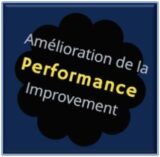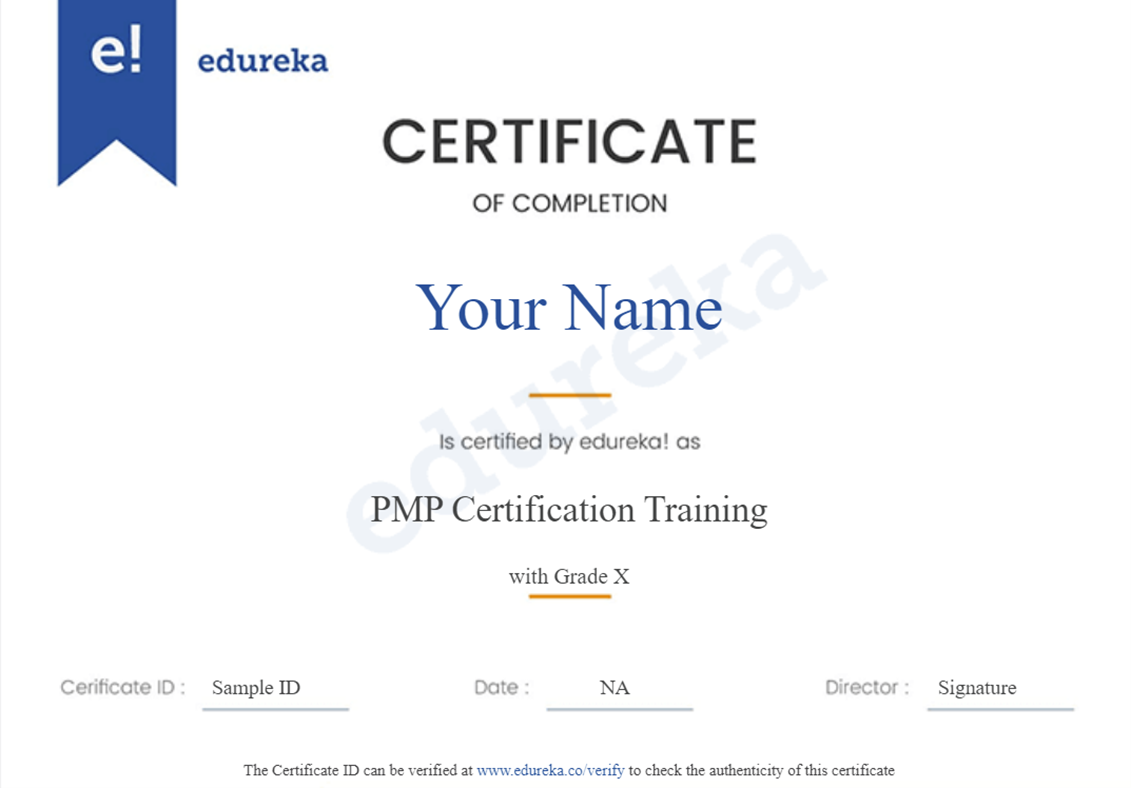What trainer qualities are you looking for?
Why do we emphasize on your trainer qualities? When choosing a trainer for your products or services, keep in mind that your trainer has to be in line with the mission, the values and the vision of your organization. Your trainer, whether internal or external will represent your company’s products or services and will therefore be an ambassador of your company.
The right Trainer qualities are essential when making a choice. Do not only choose a trainer because of his or her technical background or knowledge on a particular subject. The qualities you’re looking for in a trainer go far beyond the technical knowledge, it is sometimes better to choose a trainer with less technical background but with good training qualities and competences along with interpersonal skills.
Remember that pedagogy is a science, so the qualities you’re looking for in a trainer must include a good mastering of the adult training principles. They must be able to see things from the learner’s perspective.
Again, the same question applies: “What’s in it for me?” If the trainer cannot convey or answer this question to your trainees, he or she will be burned for ever with your workforce. I’ve seen this happen many times before, with so called “expert” who decided to become trainers with no training background.
Training must be fun & Memorable
YES, every training you conduct, or every training you attend must be a fun, memorable, enlightening and enjoyable experience, filled with new creative ideas and exercises. There is nothing less motivating for an adult than to attend a boring or repetitive training or even worse a boring lecture, so choose your trainer wisely. Check the book Telling Ain’t Training by Harold D. Stolovitch!
PMP certification training by edureka
Receive your PMP certification with edureka!
This PMP Certification Training Course offered by Edureka is live, instructor-led & prepares you for the PMP Certification exam.
This PMP training gives you extensive knowledge of Project Management concepts highlighted in the PMBOK Guide – 6th Edition and is aligned with the latest PMP Exam Content Outline.
Enroll now for the PMP® certification course to master the global language of Project Management and connect with Project Management Professionals. Edureka (Brain4ce Education Solutions) is an Authorized Training Provider of PMI®.
Main roles and responsabilities of a trainer
The first and most important role and responsability of a trainer is to Develop people and teams in order to improve the results of your organization, by:
- Applying the Competency Based Approach
- Preparing the training activity (design, revise, improve…)
- Transfering his or her knowledge and skills
- Evaluating the learnings (feed-back, take actions to fill gaps)
- Evaluating the quality of the training sessions, including self and material (hot and cold)
- Participating in the management of training (planning, list of trainees, client’s satisfaction…)
- Representing the company as an ambassador
They must:
- Confirm the development of those people and teams and the improvement of the results.
- Ensure they use the best practices and solutions by staying informed and that they share those with the team members.
- Use the learning strategies put in place to the best of their abilities and report any changes or modifications to the training package owner.
list of trainer qualities to look for
Of course, you choose your trainer, and you know what is best for your organization. But there are basic qualities a trainer must have that are most important for the success of your training plan and the transfer of competence required to improve your performance.
Please note that the following are not by any means in order of importance since I believe they all matter equally.
Convey a clear message
- We normally communicate 80% of a message, it has to be clear and understandable by all, without interpretation.
- A trainer must be able to speak to the level of his or her trainees and adjust/adapt, reformulate as they go.
- Feedbacks and questions are crutial when communicating a message.
Know when it’s too much or not enough
- Communicating is not about talking, listening and going back is also communicating.
- Vary the voice tone, the rhythm.
- Use just enough and well chosen pedagogical support so that you don’t distract your trainees.
- Vary the pedagogical support often, so that you move around and have your trainees move their heads around the room. Static will kill the room!
Look at your trainees (Show-See-Say)
A good trainer will not look at a screen or at a board while talking, they should use the simple and practical animation concept of Show-See-Say.
- Show what you want to say.
- Look(See) at your trainees.
- Say what you need to say.
- Keep eye contact with the whole group at all times.
Prepare the learning activity
- Collect data related to the work place environment (knowledge of the process, vocabulary used, work force background…
- Review, adjust the content and the pedagogical strategies before the training activity.
- Organize or help organize the logistics of the training session and activities.
- Be ready by knowing the training material, the scenario, the excercises…
- Have a plan B in case technology fails.
- Arrive in advance of the training session and test everything.
Why?
- Because, sh… happens, a trainer must be able to adapt quickly to modify the approach, the content or even the strategies.
- This is one more reason why you need a trainer with experience and who masters technical, pedagogical and relational competences and can face last minute changes.
- Things aren’t always going as planned. If your trainer is only a technical person, he or she will not be able to adapt the strategies or content for, example, a different group of trainees than the one anticipated.
If your trainer cannot adapt, you will lose time and money to retrain the same individuals, on top of losing the motivation from these trainees to attend further training.
Highly technical trainers tend to leave aside slower learners, while competent trainers will use the strenght of some to help the others.
Warning: I’m not saying that a highly technical trainer cannot be a competent trainer!
Your trainer must be fair and objective but your training material, like the observation grids and learning revisions, must also be fair and objective.
A good observation grid does not offer the possibility of interpretation or subjectivity, therefore limiting the unfairness of some trainers. The competences to master are ungradable, you either can or cannot complete a task on your own or according to the criteria detailed in the competence.
The learning revisions must only include what was covered during training, nothing more and no surprises.
As part of communicating, listening is one of the most important qualities of a trainer.
There are 8 different listening skills a trainer should apply:
- When someone is talking, don’t say a word, don’t interrupt and listen to what they have to say… DO NOT prepare an answer while they’re talking, take time to clearly listen till the end and ask for clarification when in doubt.
- Eliminate distractions.
- Demonstrate empathy.
- Actively listen.
- Don’t be judgemental.
- Clarify.
- Reflect and
- Use non-verbal cues.
Ever had a trainer or a teacher who asked a question and didn’t wait for answers before answering himself?
Engaging people, is all about building a solid, rewarding collaborations.
A good leader will create the necessary environment to reach collaboration of the whole group.
Make a lasting impretion
A fantastic trainer will be remembered forever, a dull trainer will also be remembered forever but for different reasons.
Choose a trainer with lots a energy but without distracting the trainees.
A trainer should use humor but always humor that is related to the subject at hands. Making or allowing a few jokes once in a while is fine, but as mentioned before, it cannot become a circus.
One of the qualities you’re looking for in a trainer is the sense of curiosity and the research for perfection.
They should always look for best practices, use the latest techniques and pedagogical approaches.
They also need to stay up to date in what’s happening on the floor and the information about the work place.
Your trainer should have a few years of experience working in the field of interest.
The experience, good and bad, allows a trainer to understand several situations quickly and can relate better with the trainees.
A good trainer also uses the experience of others in the group to maximise the training activites, so this may help when the trainer himself or herself lacks a bit of experience in the field.
A trainer should keep an open mind and be flexible with his or her trainees.
As mentioned before, adults have experience, a trainer is not a know-it-all, a trainer is a person facilitating the transfer of knowledge and skills and sometimes this comes from the group itself.
If the trainer thinks he or she knows it all, they’re are not the ones you want in your organization.

